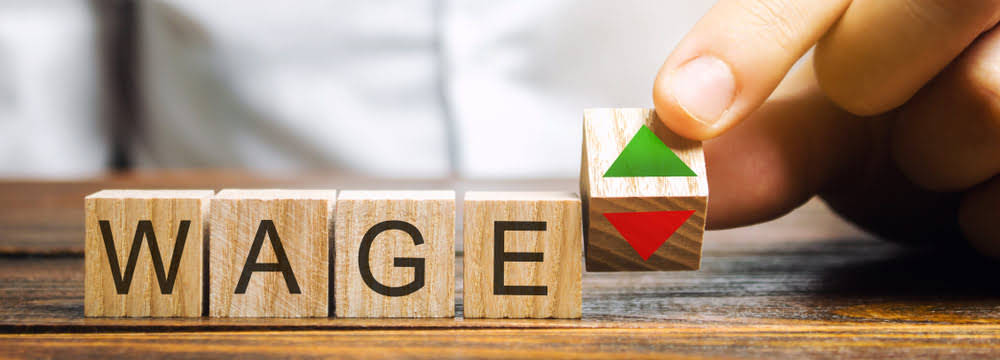This type of research is difficult to conduct, however, due to the classification of cannabis as a Schedule I substance that restricts researcher access to cannabis products 102. Extant research has shown that the ways in which alcohol is consumed can influence use and consequences, and this notion is currently reflected in protective behavioral strategies for alcohol use (Martens et al., 2007, 2005). Similar harm-reduction strategies exist for manner of cannabis use, including avoiding mixing with alcohol and avoiding cannabis concentrates (Pedersen et al., 2017). Thus, some manners of SAM use may lead to more negative outcomes than others, and this may depend on the use of a specific product (e.g., liquor vs. beer) and/or the use of multiple products. Some evidence also indicates that individuals consume certain alcohol products for specific reasons (e.g., consuming wine with meals; Callinan and MacLean, 2016; Kuntsche et al., 2006), suggesting within-person variability in alcohol product use. For cannabis consumption, use of two cannabis products and most concentrate combinations each resulted in greater cannabis consumption on that day, especially when compared to consuming leaf + beer.
“Hangover” is the single-word refutation to anyone who loves getting incredibly drunk. Hangovers are nasty and can last a while, with common symptoms being fatigue, dry mouth, nausea, and headache. For example, one 2013 rodent study in the journal Pharmacology Biochemistry & Behavior looked at rat subjects with alcohol-related neurological damage. It revealed a mind-blowing 49% less brain cell loss when the rats received CBD.
Ten minutes later, they used a vaporizer to inhale either a low or a high dose of THC. This is because alcohol increases the absorption of weed’s main psychoactive ingredient, delta-9-tetrahydrocannabinol (THC). If you use Cymbalta for depression, be aware it may worsen your depression symptoms. If you deal with increased depression when you take it, contact your doctor or pharmacist right away. However, the key here is to avoid the effects of CBD oil colliding with alcohol in the liver. Theoretically, if you no longer feel the effects of alcohol, you probably won’t have an issue taking CBD oil.
Increased Risk of Substance Use Disorders
Cannabis on the other hand, can often make people more cautious or anxious about their driving, and can slow down reaction time and situational awareness. Simply put, neither substance should be consumed if you plan on driving, so make sure to have a designated driver take the keys if you’re going to mix the two and get a cross fade going. Alcohol is one of the most widely consumed substances worldwide, with millions of people drinking it daily.
Cross Faded: Understanding the Meaning, Symptoms and Risks
- It might lead to dehydration, heightened anxiety, or paranoia and raise the risk of accidents or risky behaviors.
- In serious cases, some people misuse both weed and alcohol because they struggle with a substance use disorder or an addiction.
- Alcohol boosts your body’s absorption of delta-9-tetrahydrocannabinol (THC), the primary psychoactive ingredient in weed.
- The problems occurring when the two drugs interact tend to be related to cognitive and motor function.
- They also found that negative consequences were not more likely to occur when multiple types of cannabis products were used with one type of alcohol and that using concentrates with alcohol was not more dangerous than flower.
- Participants drank alcohol (placebo or low dose) and inhaled 500 mg vaporized cannabis (placebo, 2.9%, or 6.7% THC) ad libitum for 10 min before completing a driving simulation.
When it comes to beer, wine, and hard liquor, each can produce different results when mixed with cannabis. Alcohol is a depressant, meaning it reduces (or depresses) activity in the central nervous system. Cannabis, on the other hand, can be classified as both a depressant and a stimulant. As such, mixing weed and alcohol can produce both synergistic and antagonistic effects. Low to moderate doses can produce feelings of relaxation and euphoria, lower inhibitions, and make social situations more enjoyable (hence the term “liquid confidence”).
Effects of Mixing Weed and Alcohol
You can minimize the risks when mixing alcohol and weed by starting slow with small amounts of each substance, knowing your limits, staying hydrated by drinking plenty of water, avoiding driving or operating heavy machinery while under their influence. Mixing alcohol and marijuana can have various negative effects on both physical and mental health. It’s important to be aware of these potential risks and understand how they can impact overall well-being. Combining alcohol and marijuana can result in increased intoxication and impairment.
Some relate to muscle control, such as muscle spasms, tremors, coordination problems, overactive combining alcohol and marijuana produces reflexes, and loss of bladder control. Others relate to overstimulation, like agitation, restlessness, sleep issues, and uncontrollable excitement. What we do know paints a contradictory picture, with pros and cons forming an uncanny balance. But for the sake of argument, let’s assume the potential effects we covered are true.
Their combined use can cause blackouts, memory loss, and an increased likelihood of engaging in risky behaviors. While Cymbalta is often prescribed to treat depression, anxiety, and chronic pain, some users may turn to marijuana for additional relief. However, combining the two substances can result in both potential benefits and risks. Therefore, it’s important to understand how these interactions could impact your health before considering this combination.
Forest plot of product combination effects relative to using liquor + 2 cannabis products. Forest plot of product combination effects relative to using concentrate + ≥ 2 alcohol products. We retained 1,390 (91.2%) of these students in the analyses after excluding participants who provided responses inconsistent with baseline survey eligibility criteria (see above) or whose surveys had technological problems. See White et al. (2019) and Stevens et al. (2020; Supplemental Materials) for further details regarding the baseline survey. Even if you’ve only had one or two drinks your driving can be significantly impaired, a problem that is worsened by the fact that alcohol tends to make people more confident about their ability to drive.
When to Get Medical Help
Alcohol boosts your body’s absorption of delta-9-tetrahydrocannabinol (THC), the primary psychoactive ingredient in weed. Individuals who choose to mix the two should keep track of how much alcohol and weed they consume. Even small amounts of edibles can produce strong highs, depending on the amount of THC and other cannabinoids that they contain. A 2019 study supports this, finding that those who use alcohol and weed simultaneously are likely to drink more alcohol more frequently. Keep in mind that combining the two may be linked to a decline in cognitive function and an increased risk of dependence. When mixing weed and alcohol, there are a lot of other variables to consider in addition to which one you use first.
It is important to acknowledge that the consequence items included in the present study were heavily weighted toward alcohol-specific consequences, which may also explain the relation between using multiple alcohol products and consequences. More research is needed to determine the replicability of these findings in a sample that assesses more cannabis-specific (e.g., paranoia, lethargy) and SAM-specific consequences, though, to our knowledge, the latter have yet to be identified. Relative to using 2 cannabis + ≥ 2 alcohol products on that day, concentrate + beer and leaf + beer exhibited significantly lower odds of a negative consequence after adjusting for covariates (see Figure 2A).




